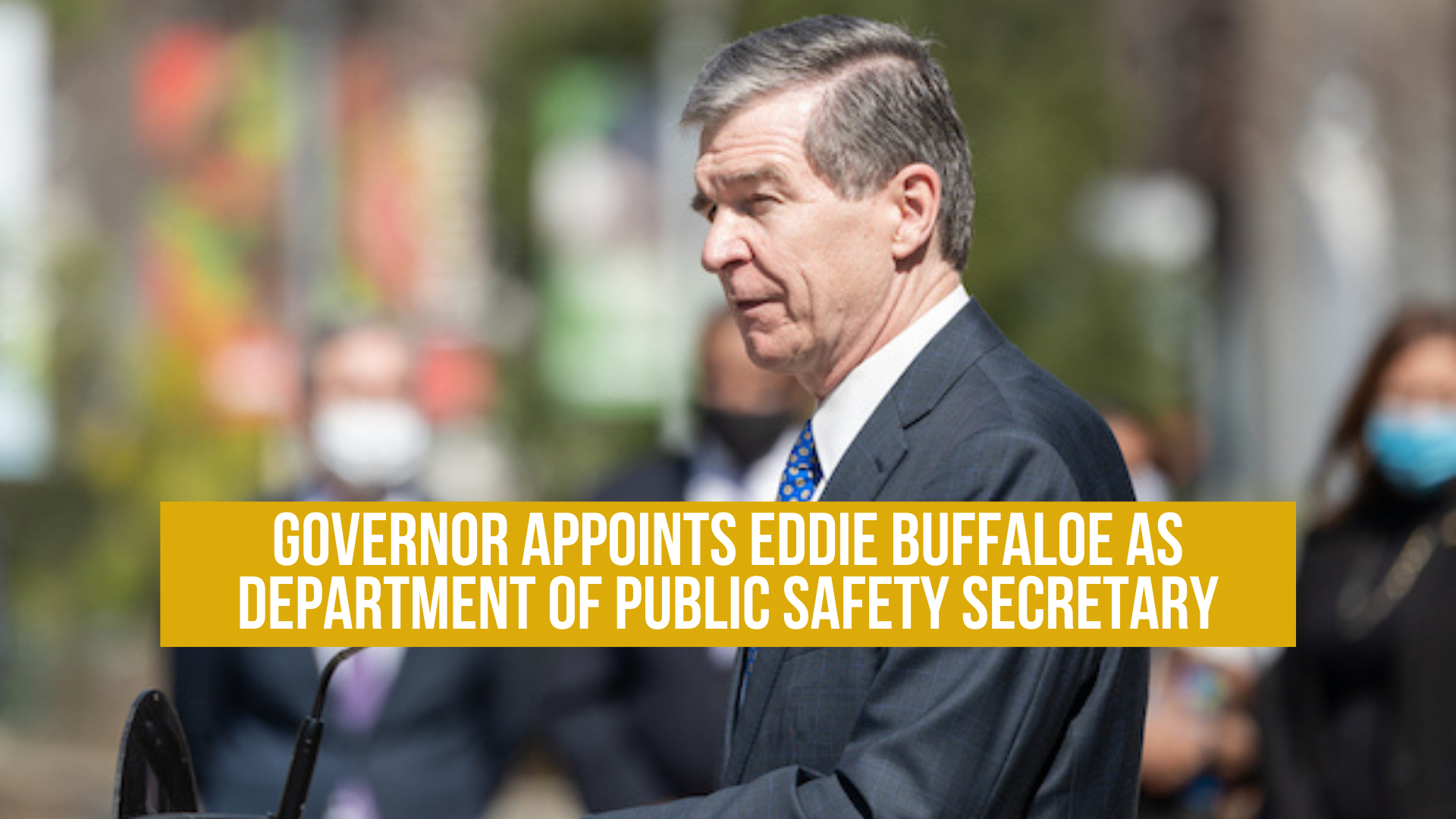OPINION: The case for amending the state constitution — again
By Leah Byers, John Locke Foundation
As conservatives, we cannot overstate the importance of both the U.S. and North Carolina constitutions. Those documents set the framework for our government, with any additional laws or regulations falling within those parameters. Our system of self-governance allows for those documents to be amended, and the time to do so is now for the state constitution.
If the past year has taught us anything, it’s that the federal and state constitutions seem to mean very little to many policymakers. At the state level, the right to the “enjoyment of the fruits of [our] own labor” has been threatened by mandatory business shutdowns from Gov. Roy Cooper. This summer, Pres. Joe Biden proceeded with an executive order extending the eviction mortarium despite admitting, “The bulk of the constitutional scholarship says that it’s not likely to pass constitutional muster.”
One is justified to bristle at such blatant disregard of our governing documents and the freedoms protected therein. Americans and North Carolinians of all political stripes must speak up and hold their elected officials accountable to protect the constitutions they swore to uphold.
However, we should not let our respect and admiration of the federal and state constitution make us view those documents as sacred texts, never to be modified. There was no Moses among the Founders to deliver the documents from on high. The current version of North Carolina’s constitution was implemented in 1971 – a mere 50 years ago.
Instead, our constitutions are the manifestations of self-governance. Both federal and state constitutions have stringent processes by which they are amended, reflecting the serious nature of doing so.
For the state constitution, the amendment process is two-fold. First, the General Assembly must approve the amendment with a three-fifths majority of each chamber. This requires 30 votes in the state Senate and 72 in the state House of Representatives. The Constitution was amended in 2018 when voters approved 4 out of 6 amendments on the ballot at that time (even though two of the amendments have been stalled in court).
Why would we need to amend the state constitution again so soon, and what amendments should be considered?
To the first question, I’d point out that states amend their constitutions much more frequently than the federal government. States, as the “laboratories of democracy,” have a lower threshold for amendments than the federal government – and rightly so, given the diversity of interest across the states that comprise the Union.
Additionally, now is the time to amend the state constitution, given the political realities of the purple state of North Carolina. Many of the substantive policy changes passed by the Republican-controlled General Assembly never became law due to a veto by Democrat Gov. Roy Cooper. Constitutional amendments are not subject to the governor’s veto. However, legislative Republicans would require some Democrat support for the amendments to reach the three-fifths majority necessary to make it out of each chamber. Amending the constitution during this divided government can be a strong statement in support of the policies that North Carolinians in both parties believe in.
This year, some amendments proposed in the legislature may provide the perfect opportunity for enshrining those bipartisan ideals into the state constitution. Some examples include North Carolina’s 74-year-old Right to Work status or placing common-sense spending limits on the state budget. There is strong bipartisan interest in repealing the constitution’s unenforceable literacy test and protecting private property through an eminent domain amendment.
Some proposed amendments have strong legislative support, while others are popular with the electorate but may face political challenges in the legislature. The difficulty of the two-step process guarantees that amendments to the state constitution are adequately vetted and desired by the people. North Carolina’s current diverse political composition provides an opportunity for meaningful, bipartisan reforms to the state’s governing document for the benefit of all North Carolinians.



